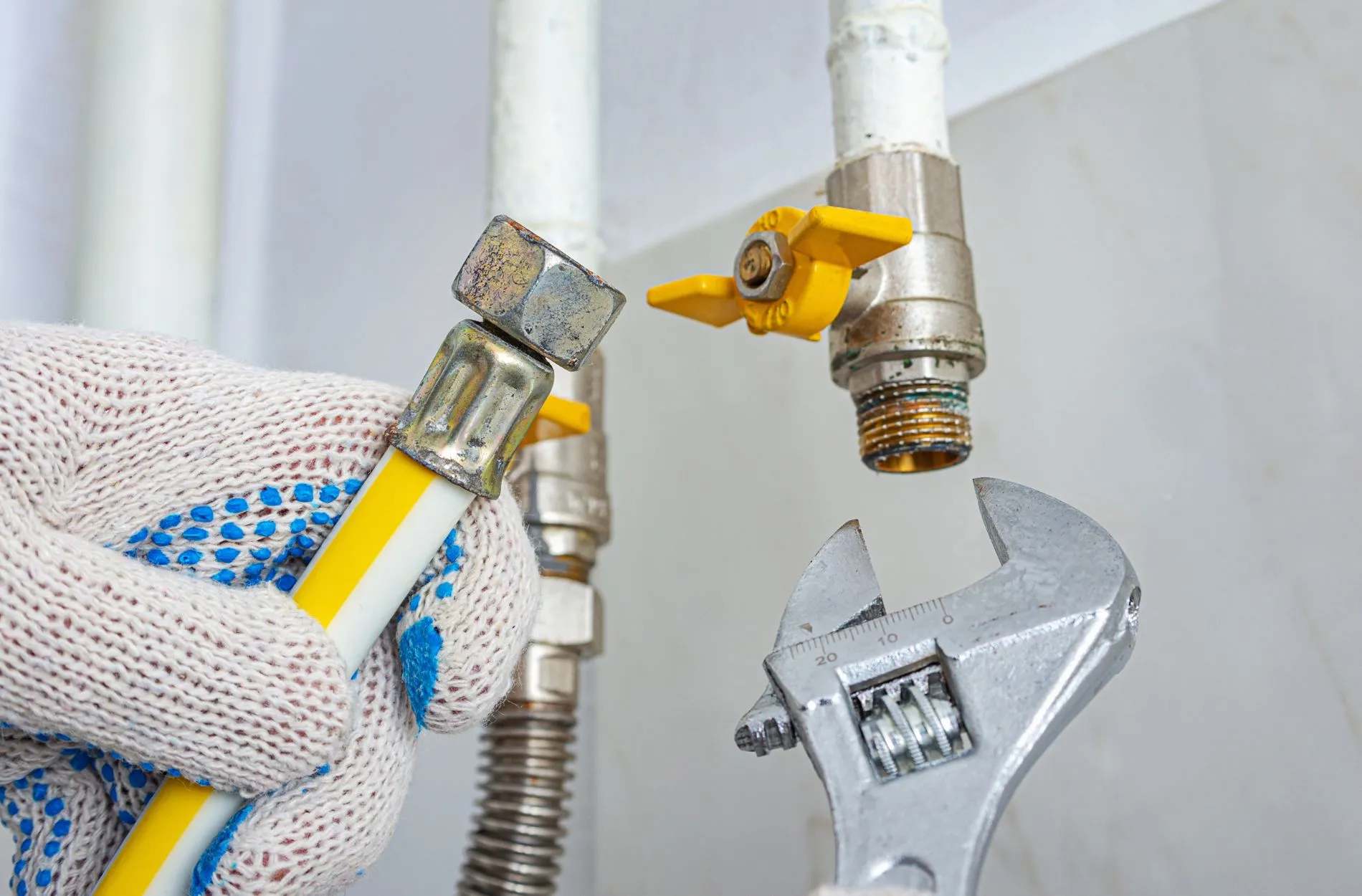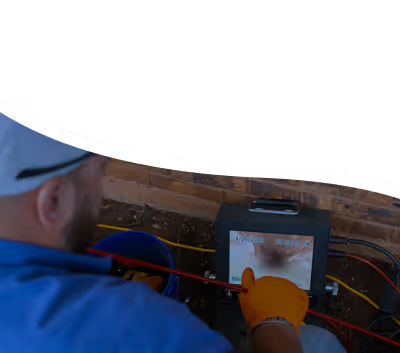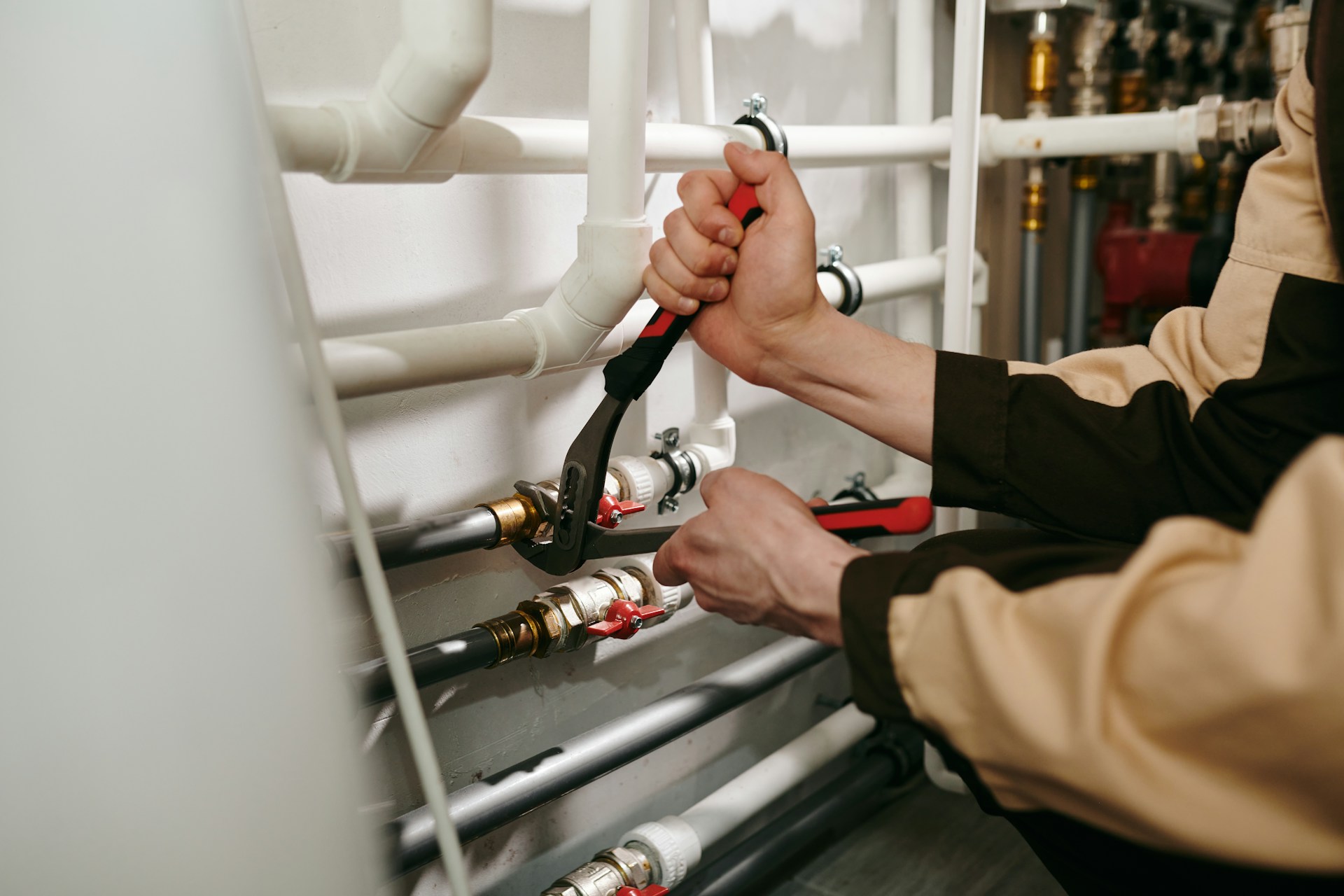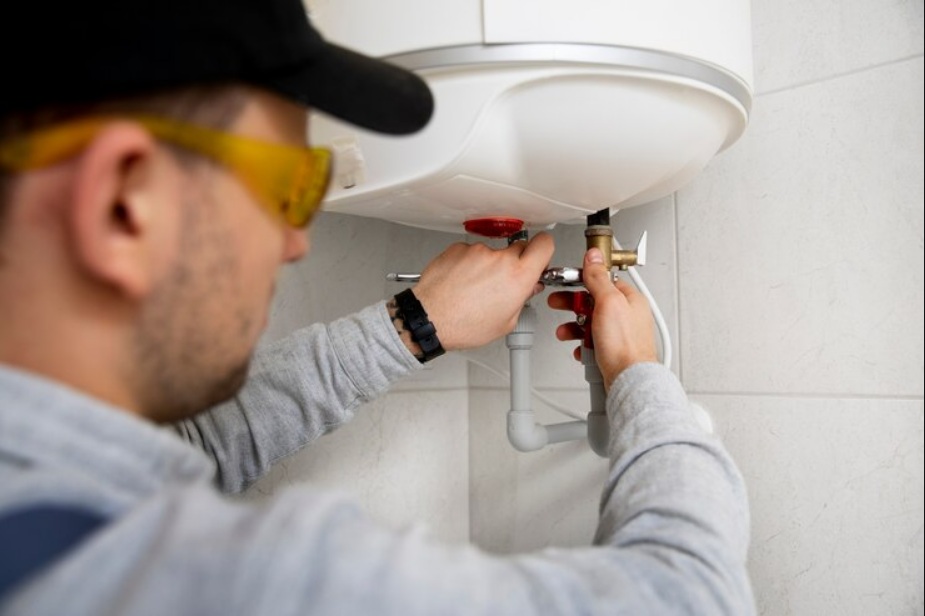If you're getting ready to install a new gas appliance in your Sweetwater home, it’s important to understand that proper planning goes well beyond picking out the model you want. From choosing the right location in your kitchen or laundry room to making sure your gas line is ready to support the new load, every step matters. Homes that skip important steps often deal with things like delayed installations, unexpected costs, or worse—safety risks that could have been avoided altogether.
Residential gas line installation in Sweetwater needs to be handled the right way from the beginning. A small mistake in planning or connecting can lead to leaks or appliance issues down the line. When our technicians are involved early in the process, things tend to go more smoothly. That’s because planning ahead allows for correct sizing, better placement of new connections, and fewer complications once installation day arrives. Here’s how to prepare step by step so that your new gas appliance works efficiently and safely for years to come.
Assessing Your Gas Appliance Needs
Getting the right appliance starts with having a clear picture of what your household actually needs. Different homes in Sweetwater use gas appliances for different things—maybe you’re replacing an old water heater, adding a gas dryer, or upgrading your stovetop. No matter the project, you’ll want to think through a few key points before you bring anything home.
Here are a few things to go over before choosing your new gas appliance:
- What will the appliance be used for, and how often?
- Is there already an existing gas line running to the location?
- What are the dimensions of the space where the appliance will be installed?
- How close is the nearest gas shutoff valve for emergency situations?
- Will the appliance require venting, and if so, is there an exterior wall nearby?
Matching your appliance's capacity with your household’s usage is important too. For example, a small tank water heater may be fine for a two-person home but might constantly fall behind in a home with five people. Choosing the wrong size or underestimating gas flow needs can lead to performance issues and increased wear and tear.
It’s also smart to talk to our professionals before making your final selection. They can help assess whether your existing gas system supports the new appliance, or if upgrades to the gas line or pressure regulator are needed. These are things that many homeowners don’t know to look for, and catching them early prevents last-minute delays during installation.
Planning the Gas Line Installation
Once the appliance has been selected, the next step is to plan how the gas line will be installed or modified. This part takes careful attention. Poor planning might lead to pipe routing that doesn’t follow safety code or ignores layout restrictions in your Sweetwater home. This is where having a well-thought-out plan makes a big difference.
Our professionals usually start by examining:
- Where the appliance will be placed in the home
- Whether existing gas lines offer the right capacity
- The shortest and safest path for running a new gas line, if needed
- If venting systems (when required) can be installed properly
- Local building codes and permitting rules
A gas line needs to be the correct diameter to carry enough fuel to the new appliance without affecting others in your home. That means pipe sizing and pressure testing are steps that shouldn’t be skipped, especially if you already have several gas-fed fixtures.
Getting permits is also part of this step. Many homes in Sweetwater must follow city standards for gas line location, connection methods, and inspection. Skipping permitting isn’t just risky—it can lead to insurance issues if something goes wrong. Working with licensed professionals helps make sure everything is up to code and the install passes inspection the first time.
Safety Considerations and Preparations
Before any installation moves forward, safety needs to be at the front of the planning process. A gas line must meet city codes and function properly to protect everyone living in the home. Small mistakes during hookup or testing can turn into major safety issues over time. That’s why the job should always begin with a site inspection and system check, especially for older homes in Sweetwater where gas lines may not have been updated in decades.
Our technicians start by checking the condition of existing gas pipes for leaks, damage, or corrosion. Even if the pipe itself looks intact, the fittings and seals around them can age and loosen. We also look for any nearby electronics or open flames in the work area, as those need to be shut off or removed during the installation for added safety.
When planning for new appliance placement, we always keep ventilation and clearance in mind. Some gas appliances need a certain amount of space around them to prevent overheating, and others may require venting to the outside. That’s especially important for gas dryers and ovens. Without proper exhaust flow, harmful gases like carbon monoxide can build up, putting your household at risk.
If any part of the work area seems unsafe—such as weak flooring beneath a large water heater or the presence of flammable materials nearby—it’s best to solve those problems before anything gets installed. Rushing ahead without making the space safe can increase the amount of work needed later, or worse, make an installation fail inspection.
Safety also includes functional equipment. That means checking gas shutoff valves, testing for leaks after installation, and verifying good pressure for each appliance connected to the line. Every step reduces the chance of future problems and gives homeowners peace of mind knowing the system is reliable.
Why Professional Installation Is Worth It
Some homeowners may ask if they can install a gas appliance themselves to save money or time. While online videos make the task look doable, the truth is that gas line installation has no margin for error. It’s not just about hooking things up—it’s about understanding flow rates, material compatibility, location risks, and permit requirements.
Our professionals have the tools and experience needed to plan, install, and test all parts of the line properly. We use equipment that measures gas pressure accurately and ensures tight seals. That’s the sort of precaution you can’t always get from a basic toolkit. This kind of detailed work also requires access to specific parts and materials, many of which aren’t commonly found in retail stores.
A professional install leads to:
- Safer daily use of your appliance
- Better long-term performance
- Stronger airflow or heating depending on the device
- Installations that pass inspections on the first try
- Less chance of needing repairs in the near future
If you try to install something without following code or without the right parts, you could end up redoing the project entirely after the city blocks final approval. It’s easier and more efficient to have professionals handle it from the start, especially when working with a pressurized fuel source like natural gas.
Maintaining Your Gas Appliance After Installation
Once the appliance is in place and working, the job isn’t done. Regular maintenance helps gas systems stay efficient and safer as they age. Just like any part of your home, gas-fed systems perform better when checked and cleaned routinely.
Make a habit of checking for warning signs like strange smells, unusual pilot light behavior, or reduced appliance performance. For example, if your gas oven starts cooking unevenly months after installation, it might be a pressure issue or partial blockage in the line.
Our technicians recommend scheduling a yearly gas line test and inspection. A technician will make sure everything is operating as expected, that airflow and output levels are right, and that no new leaks or pressure drops have formed. This type of follow-up helps avoid sudden failures and keeps utility bills more predictable.
Appliances like water heaters and dryers also benefit from occasional cleaning, especially if lint or debris builds up near vents or burners. Keeping those areas clear adds to the lifespan of the component and reduces the risk of fire.
Keep Your Sweetwater Home Safe with Expert Gas Line Installation
Gas appliance installation comes with a lot of moving parts—literally and figuratively. From choosing the right product to running the correct size pipe, each step influences how well the system performs. Cutting corners often leads to higher costs later, whether through extra repairs, failed inspections, or risk to household safety.
If your Sweetwater home has a new gas appliance coming soon, careful planning now will save you time and headaches down the road. A properly installed gas line not only helps everything run more smoothly but also ensures peace of mind every time you turn the appliance on. Get it done right the first time with help from professionals who know what to look for and where problems might hide.
If you are ready to upgrade your home system with proper gas line installation in Sweetwater and want reliable help from experts at Midway Plumbing, trust our professionals to guide you through every step to avoid future issues and ensure a safe, efficient setup. For a quick estimate or to book a service visit, please contact us today.











